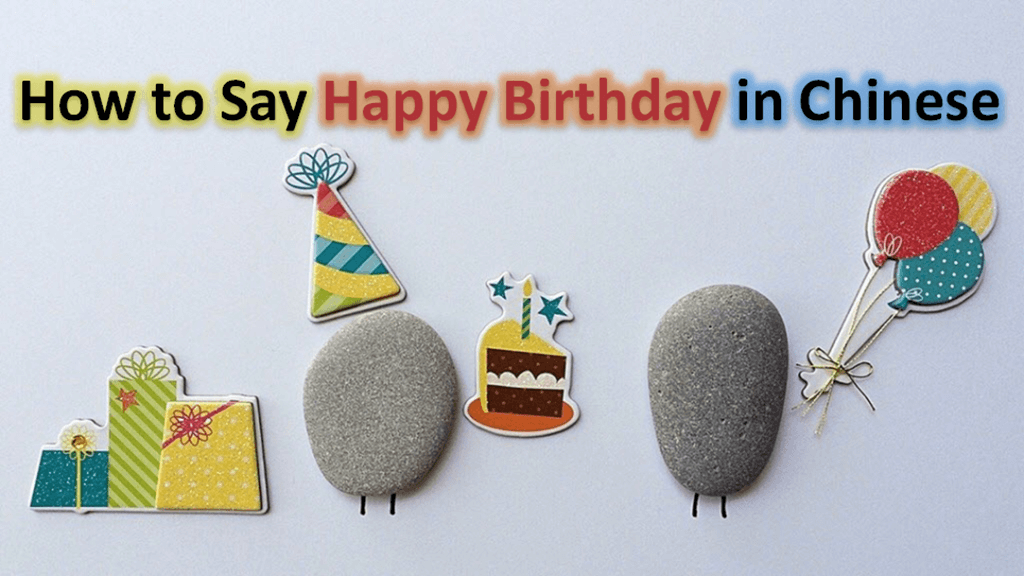
还 has two sounds: “huán” and “hái”. When 还 is pronounced as “huán”, it is a verb; when it is pronounced as “hái”, it is an adverb. The adverb 还 has many uses, some of which are easily confused with the uses of “再” and “又”. In this article, we’ve compiled some common uses of “还” and given related sample sentences. If you want to learn about the difference between “还” and “再”, you can go to the 15th lesson of our HSK 3 course. Furthermore, you can read our another article to learn about the differences between “再” and “又”.
1. 还(hái) - Expressing "again" in Chinese
“还” can express “again”. In this case, “还” can be used both in interrogative and declarative sentences to indicate that the recurrence of an action or a state has not happened yet, but will happen in the future. Moreover, it can be used before an auxiliary verb 想, 要 or 应该 to emphasize someone’s subjective desire or intention for recurrence of an action or a state, and the auxiliary verb can be omitted in specific contexts.
Examples:
这个餐馆的羊肉真好吃,我们明天还(要)来吗?
The lamb in this restaurant tastes good. Shall we come back tomorrow?
这本书很好看,我还要看一遍。
This book is great. I’d like to read it again.
一次失败不要紧,我们还可以再试几次。
One failure doesn’t matter; we can try a few more times.
2. Expressing "also" with 还(hái)
We can use 还 to express the English adverb “also”. It always comes before a verb or adjective to connect two clauses. The subject of the two clauses connected by “还” is the same.
For example
我很冷,还很饿。
I’m cold, and I’m also hungry.
他是一名老师,还是一位作家。
He is a teacher and he is also a writer.
除了跑步,他还喜欢打篮球。
Besides running, he also likes playing basketball.
3. Expressing "still" with 还(hái)
还 can also be used to indicate that the state continues to exist or that the action is still in progress. The negative form is “还没(not…yet)”.
Examples:
离成功还远着呢!
Success is still a long way off.
这么多年没见,你还是那么漂亮!
I haven’t seen you in years, but you’re still as pretty as before.
这么晚了,你还没写完作业吗?
Haven’t you finished your homework yet at this late hour?
4. Expressing "even more" with 还(hái)
When used in a comparison, 还 indicates a higher degree. The structure is:
Noun 1 + 比(bǐ) + Noun 2 + 还 + Adj.
For example
公司今年的业绩比去年的还好。
The company’s performance this year is better than that of last year.
你说的汉语比中国人说的还好。
You speak better Chinese than native speakers.
天气预报说明天会比今天还冷。
The weather forecast says it will be colder tomorrow than today.
5. Weakening positive adjectives with 还(hái)
Sometimes we will prefix positive adjectives with “还”, which indicates that something is not so good, but it is passable or acceptable.
Examples:
他的心情还不错。
He was in good mood.
这次考试我考的还可以。
I did okay in the exam.
这个房间还算安静。
This room is quite.
6. Expressing the tone of the speaker’s voice
“还” can be used to express a tone of praise, surprise, shock or sarcasm.
他还真是个小机灵鬼!
He’s really a smart little guy!
这么简单的问题你都不会,还大学生呢!
You can’t even answer such a simple question, yet you are a college student!
我还以为已经完工了呢。
I thought the work had already been completed.


![How to Use 呢 (ne) in Chinese Grammar [Quick Guide]](https://www.everydaychinese.com/wp-content/uploads/2021/01/use-ne-in-chinese.jpg)


Comments